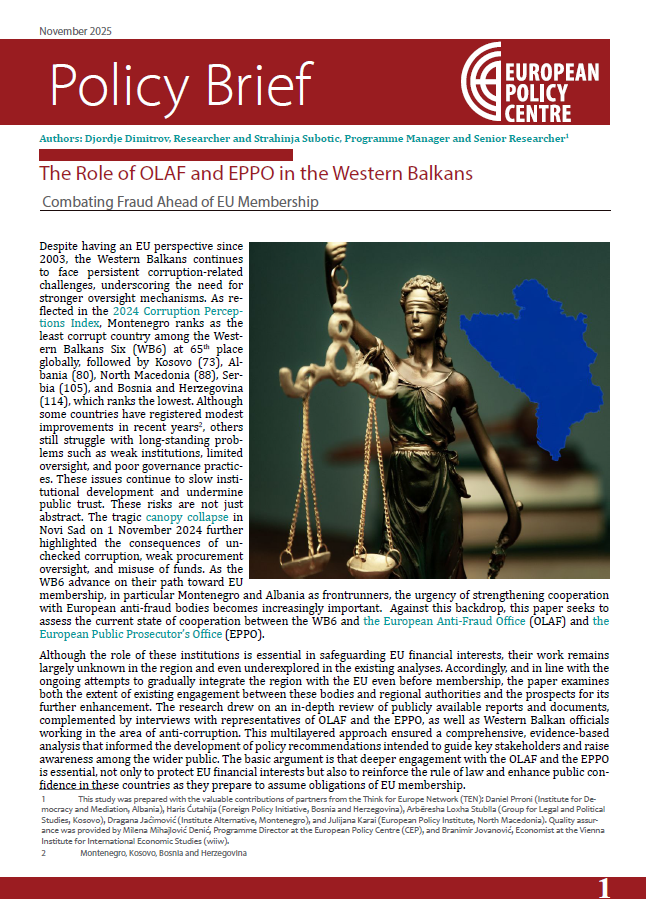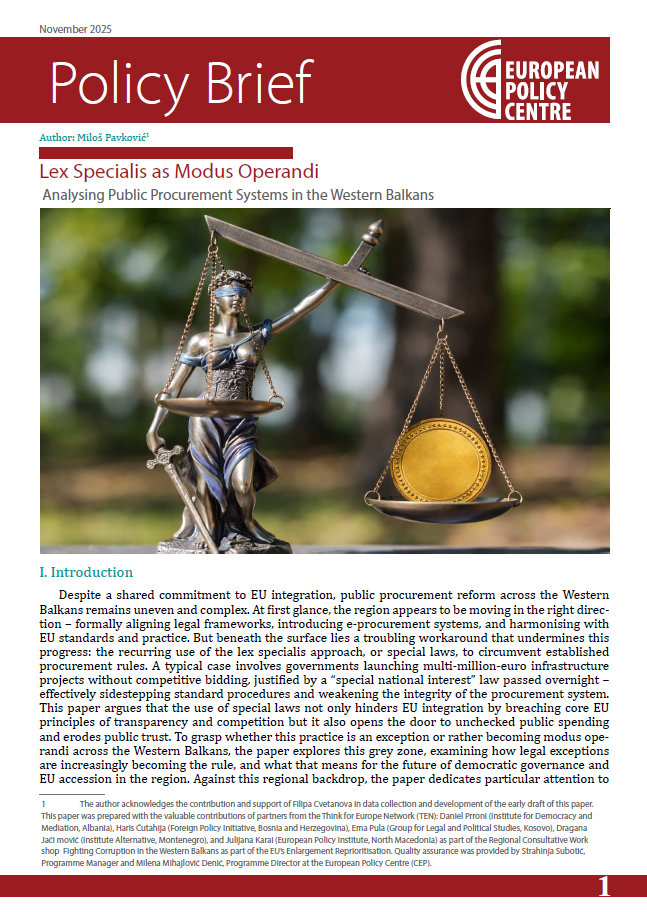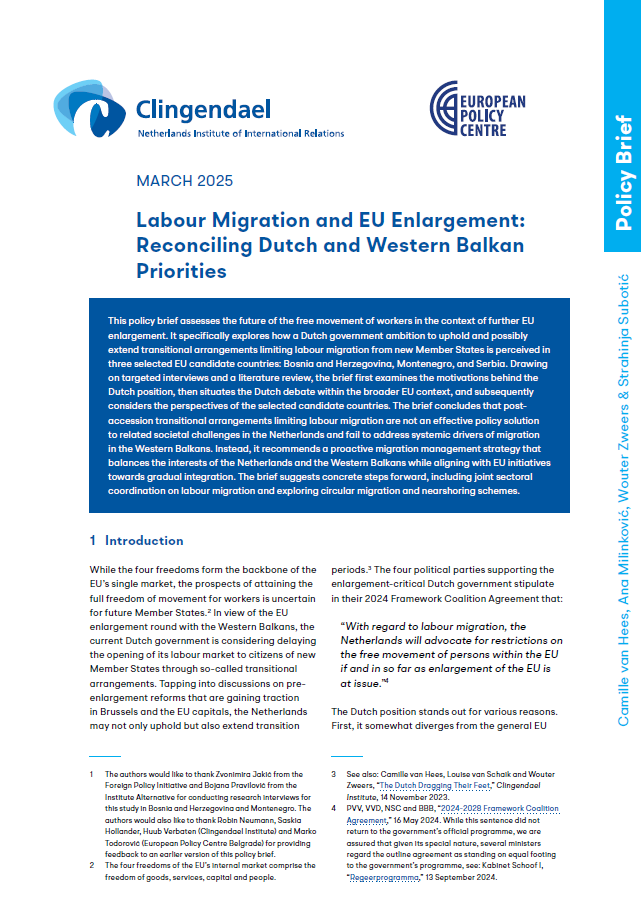Headquarters: Svetog Nauma 7, 11000
Office address: Đorđa Vajferta 13, 11000
Phone:: +381 11 4529 323
Public procurement, as a process through which government agencies acquire goods and services from external sources, represents one of the essential areas in Serbia’s EU accession process, covered by Chapter 5. The importance of this chapter was heightened in 2020 with the introduction of the Revised Enlargement Methodology.
The inclusion of public procurement as an integral component of the Fundamentals cluster was a pivotal development, aligning it with other indispensable domains such as the rule of law, democratic institutions, public administration reforms, economic criteria, and more. Upon entering the EU, Serbian companies will gain the valuable right to participate in every public procurement opportunity across the EU alongside businesses from member states. Therefore, Serbia’s entire public procurement system, post-accession, must be carefully designed as a level-playing field, ensuring equal opportunities for all potential bidders from across the EU.
This proactive preparation will not only facilitate the EU accession process but also equip Serbian companies to access the significantly larger public procurement market within the EU. Additionally, public procurement holds a central position in managing EU Structural Funds because each country independently conducts procurements through these funds. This strategic approach plays a pivotal role in fostering economic growth and enhancing competitiveness during and after the accession process. European Commission, 2020, Enhancing the accession process – A credible EU perspective for the Western Balkans September 2023.
Although the EU’s endeavour aimed to underscore the paramount importance of fulfilling the public procurement benchmarks, it failed to incite substantive changes on the ground. Numerous challenges persist and continue to exert adverse effects on the functioning of the state. The vulnerability of public procurement in Serbia to irregularities stems from several key issues. A limited number of bidders and a substantial proportion of single- bid procurements indicate restricted competition, resulting in higher prices and diminished value for money. Furthermore, prioritising price criteria over striking a balance between price and quality considerations can undermine the overall quality and effectiveness of the acquired goods and services. Another critical concern is the excessive reliance on exemptions, which can potentially lead to reduced competition and transparency. These problems underscore the urgency of addressing challenges within the public procurement system. Ensuring transparency and integrity of public procurement is vital to preclude any misuse or mismanagement of public funds and, in turn, deliver high-quality services that genuinely serve the needs of citizens.
This is particularly important as a well-functioning public procurement system can be a driving force behind an efficient public sector, building trust, and upholding the principles of accountability and fairness. By analysing the lack of competition and excessive use of exemptions within Serbia’s public procurement system, this paper seeks to shed light on critical areas for improvement and pave the way for crucial reforms that will enhance the efficiency and integrity of the public procurement processes in Serbia, benefitting both the government and its citizens alike.


